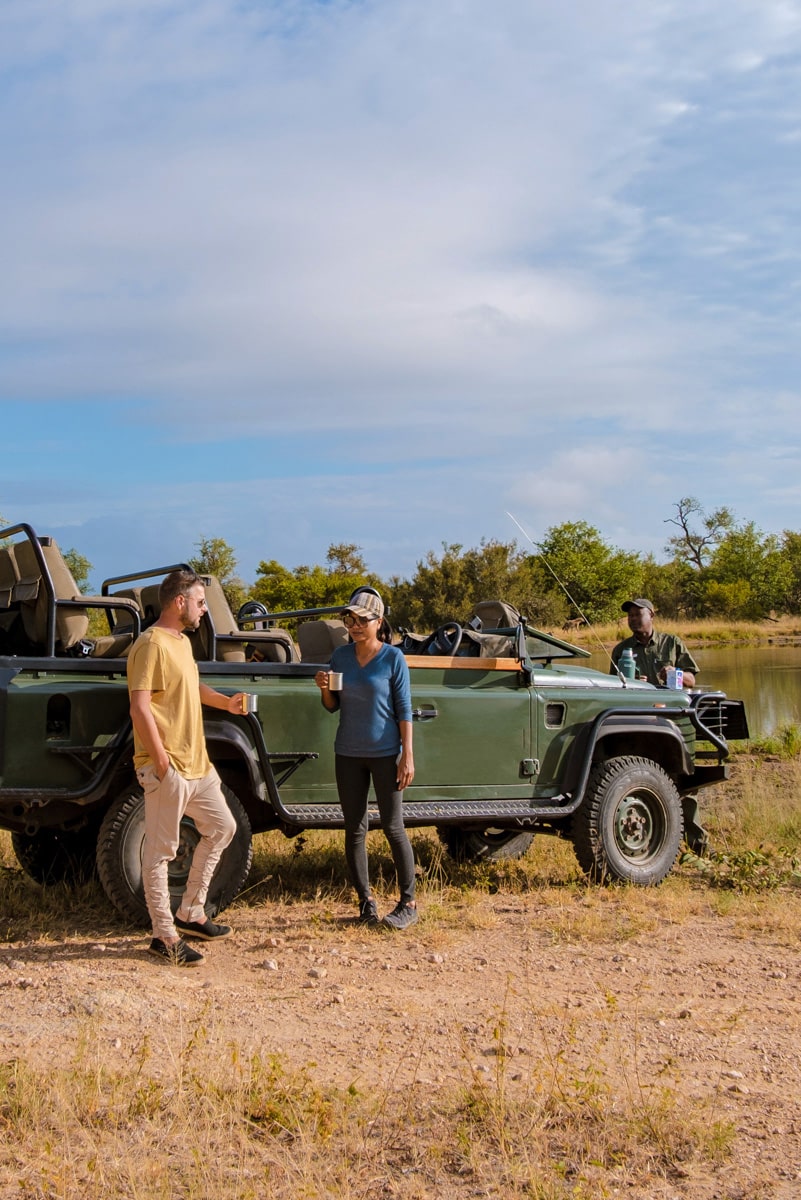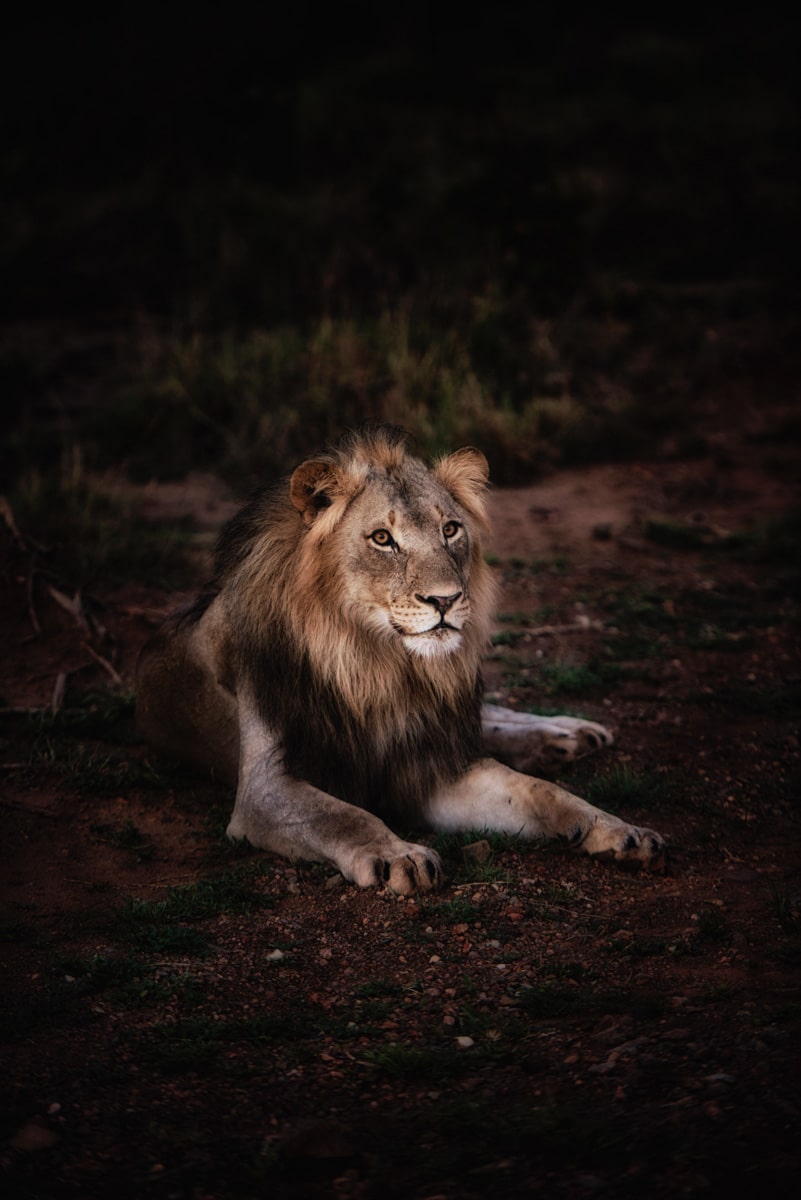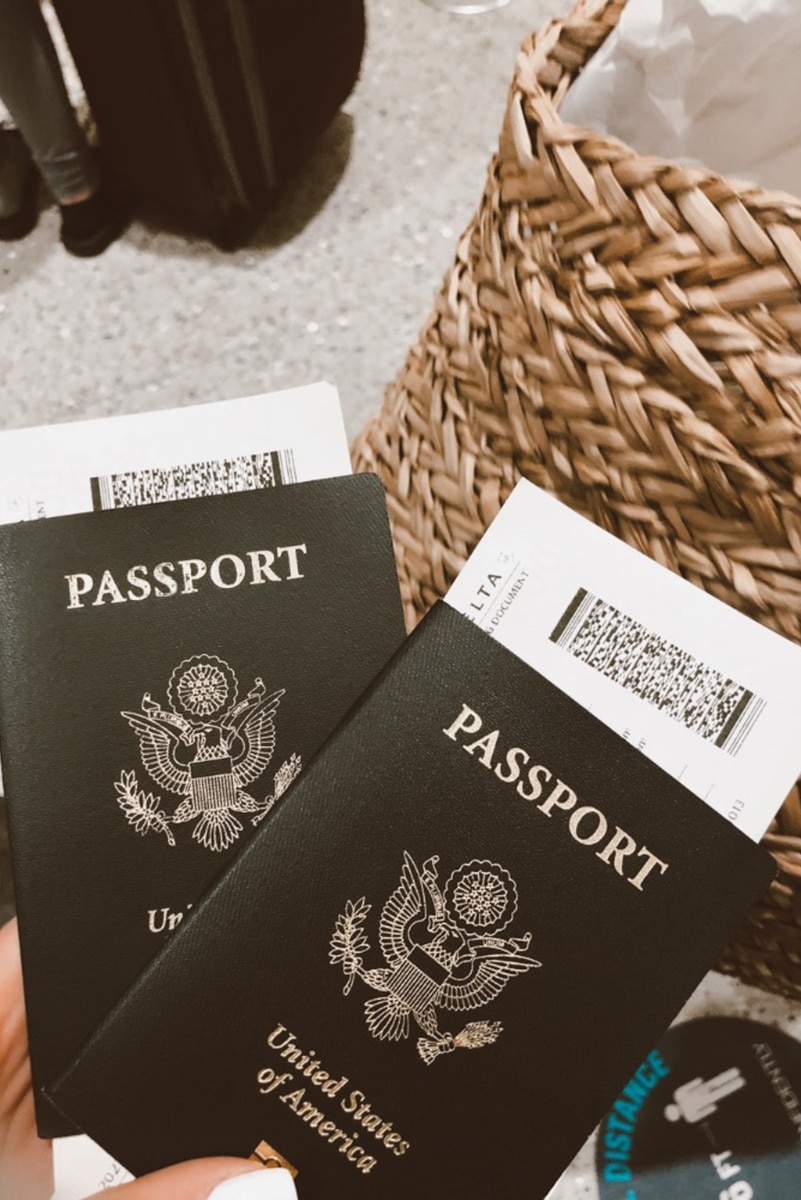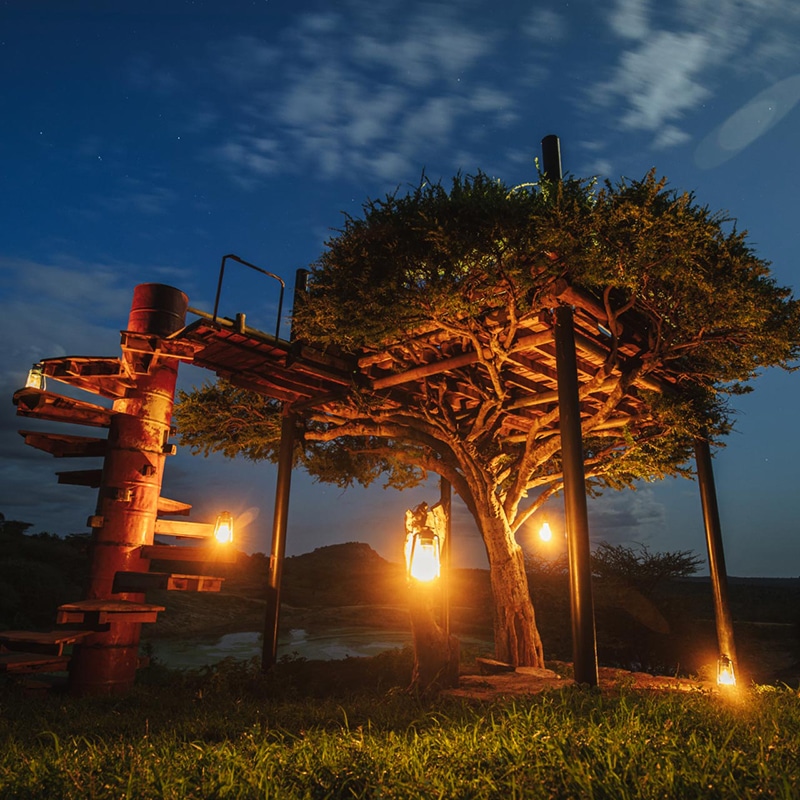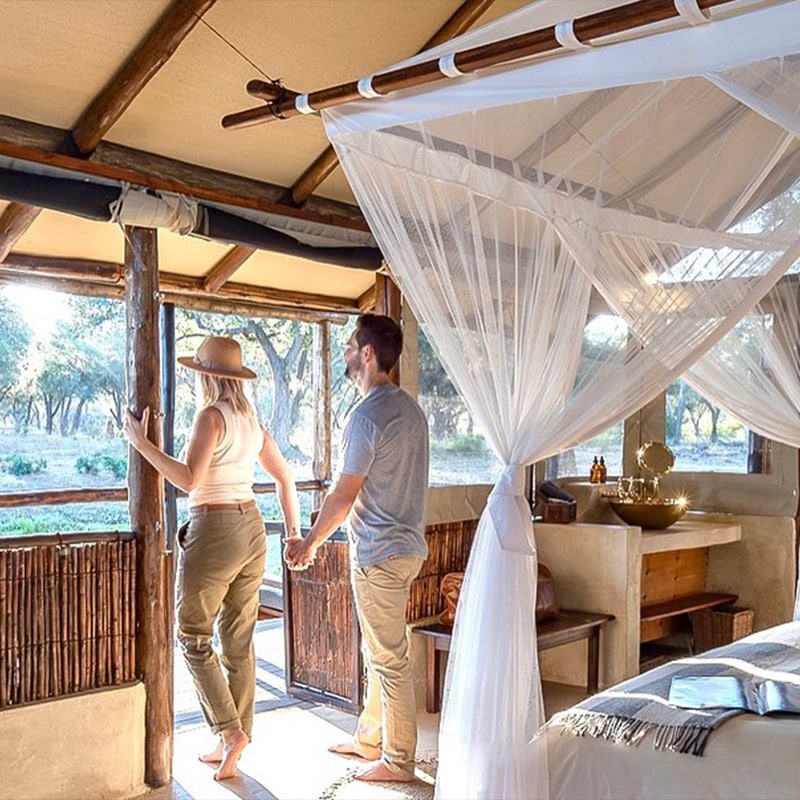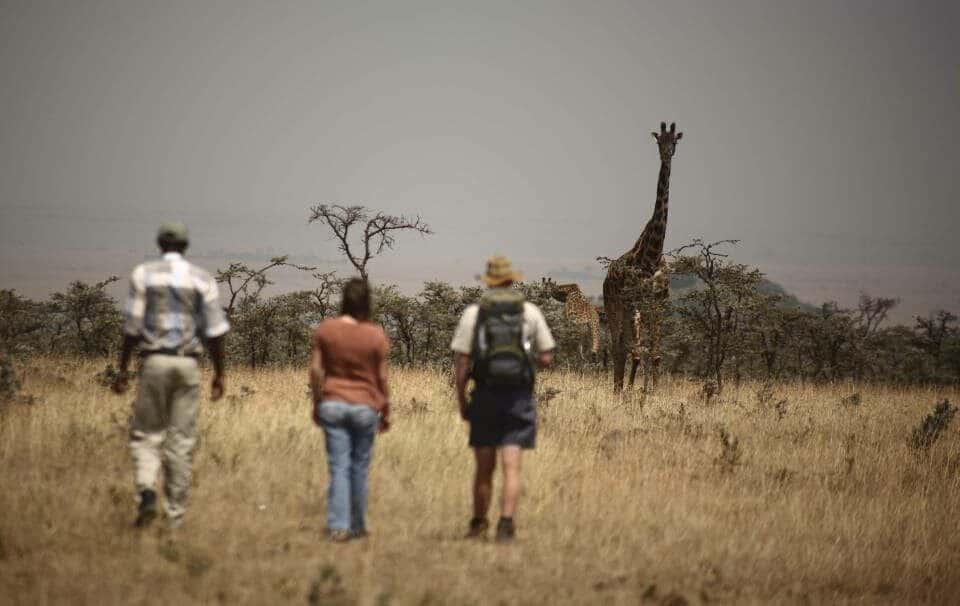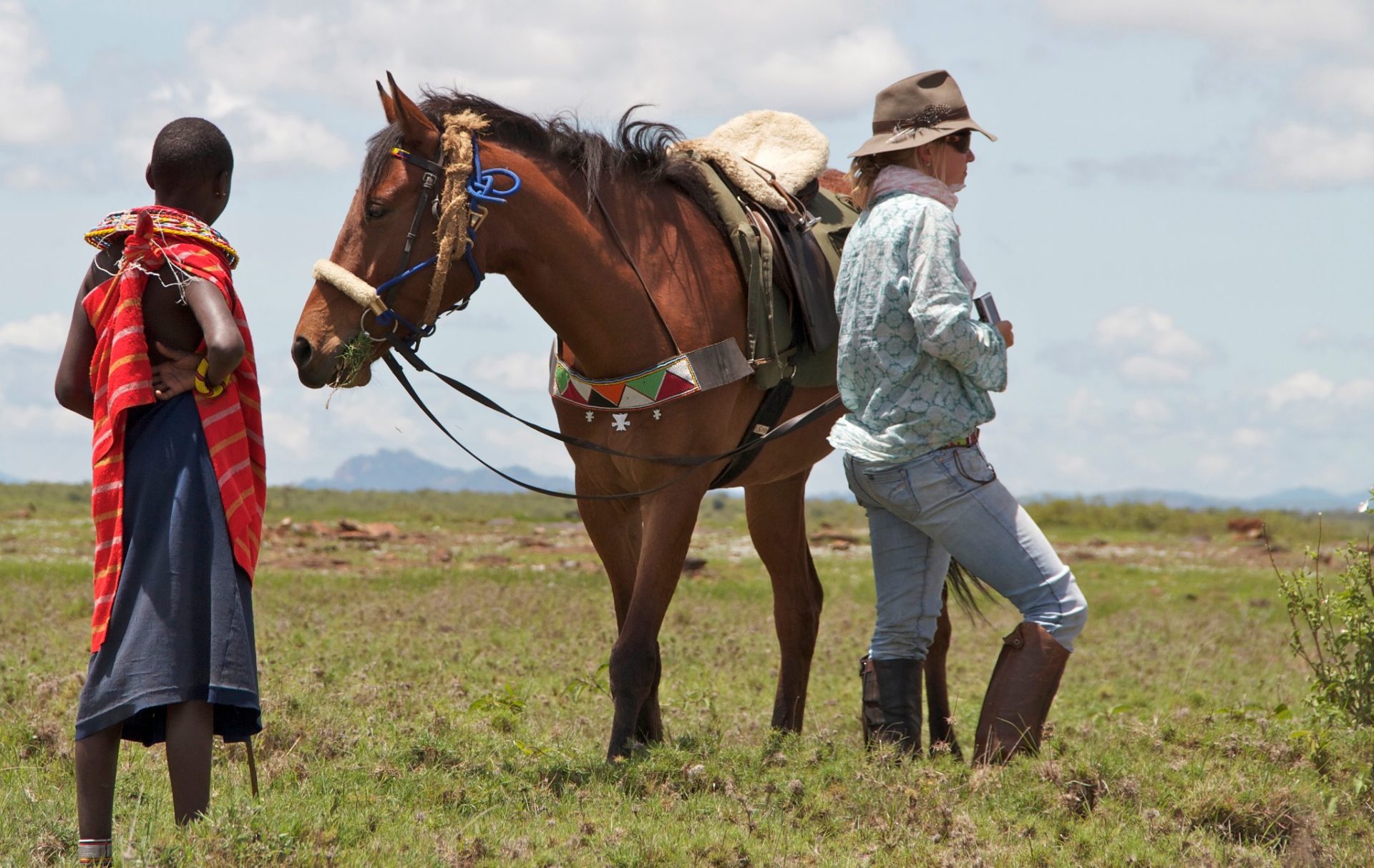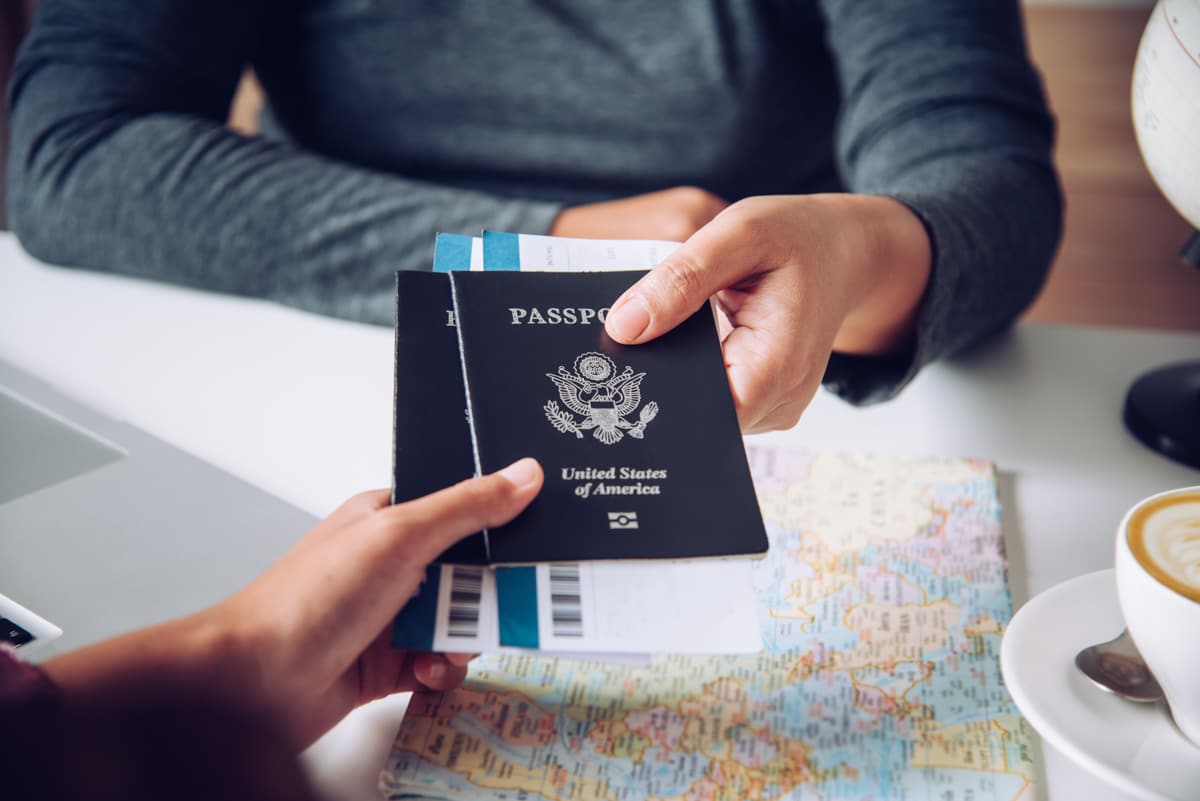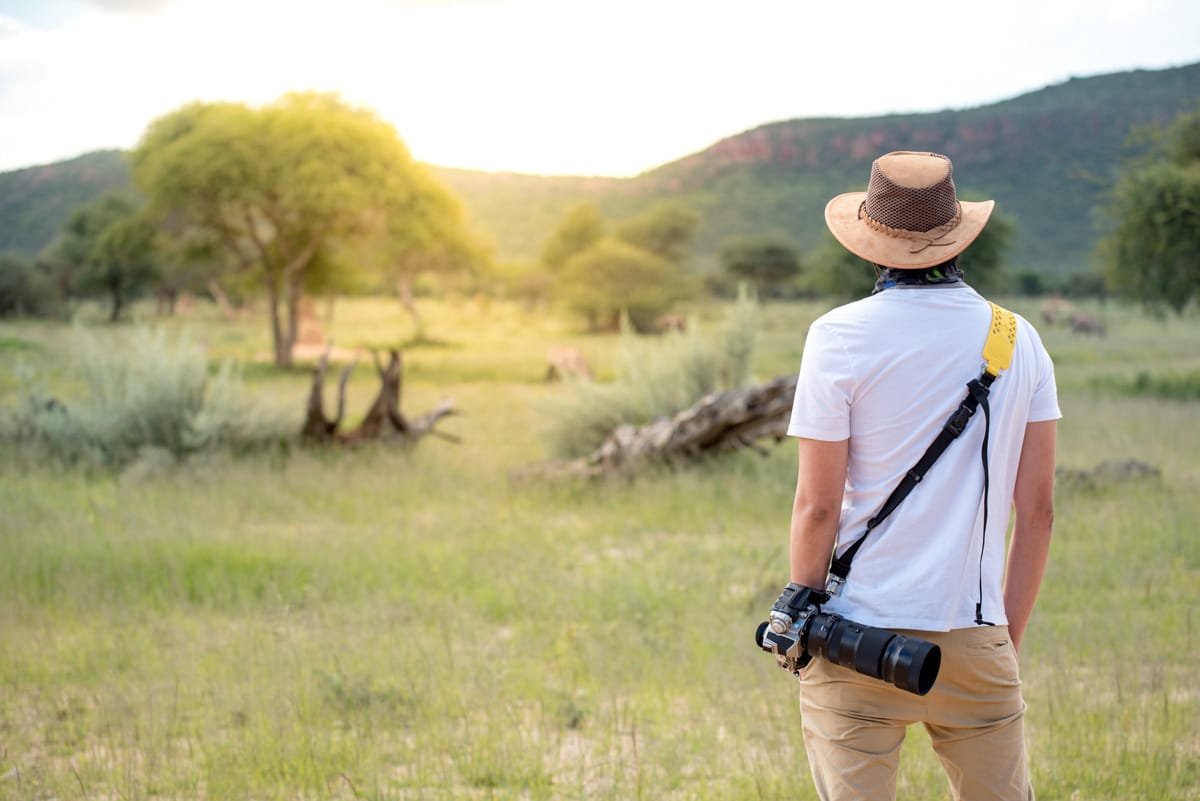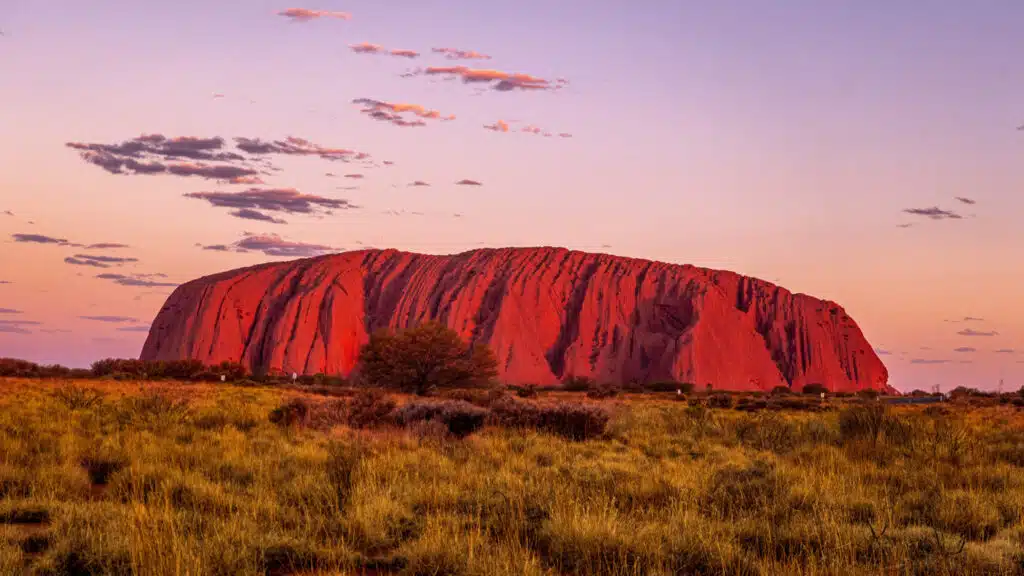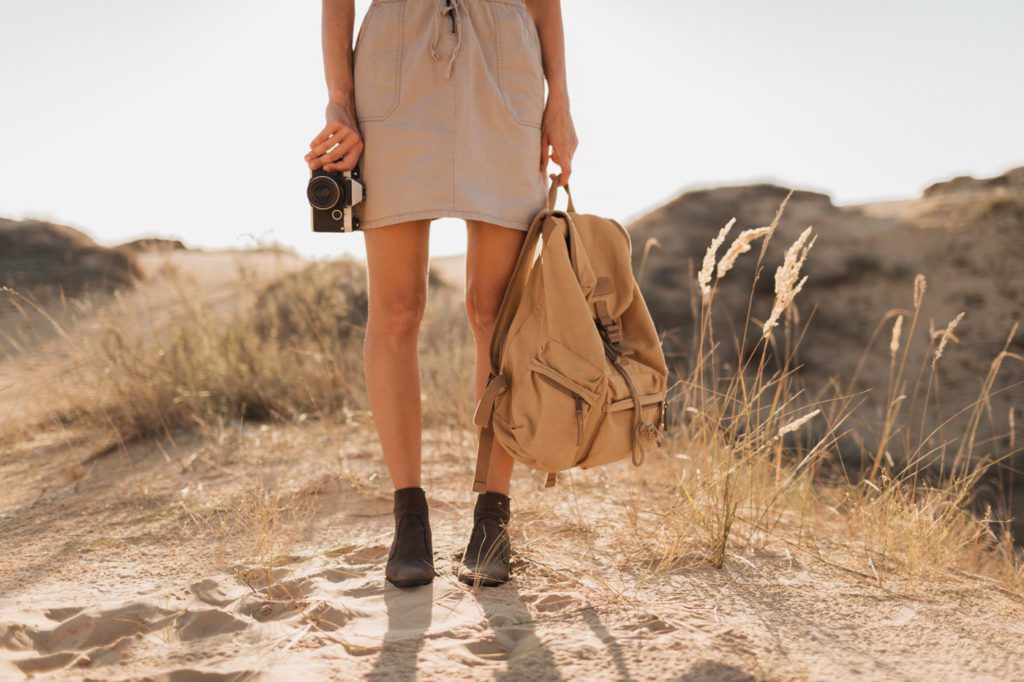YOUR DREAM COME TRUE
Planning the Perfect Safari Trip
When planning a safari trip there are myriad things to consider.
Where will you go? How long will you visit? What will you do and where will you stay? These are all valid questions to ask when considering a safari, and the endless decisions to be made can become overwhelming.
What’s more, without intrinsic knowledge of your destination, you may not even realise the endless possibilities presented to you, overlooking many redeeming qualities and missing out on unforgettable experiences.
A safari trip is a complex operation. There are international flights and domestic transfers to consider, lodges and camps to book, visas to arrange, passports to check, activities to contemplate and much more. This spectrum of choice and planning can easily undermine the overall journey, creating stress and holding the possibility of failure or disappointment.
Fortunately, our 30 years of experience have given us acute wisdom of these many machinations, both in the logistical operations and experiential possibilities of a safari trip. We are here to personally handcraft the very best itinerary for each and every client individually, not only ensuring that your safari trip runs smoothly, but that it provides a profoundly moving and memorable adventure for you, your family and your friends.
On occasion, clients have approached us with a rigid concept of what it is they wish their safari trip to include. On discussion with a Travel Designer, they swiftly realize the many aspects they didn’t realize, through lack of knowledge or being fixated upon a singular idea. With our help, they are able to re-evaluate their journey, improving on it exponentially to gain all they originally wished for and so much more that they hadn’t considered.
With extensive travel experience, robust connections and local insight, we are able to care for clients through every chapter of their safari trip, and our on-the-ground staff members are swiftly and personally able to resolve any issues that may arise.
Only with these impressive industry credentials is it possible to craft the safari trip of a lifetime time and time again.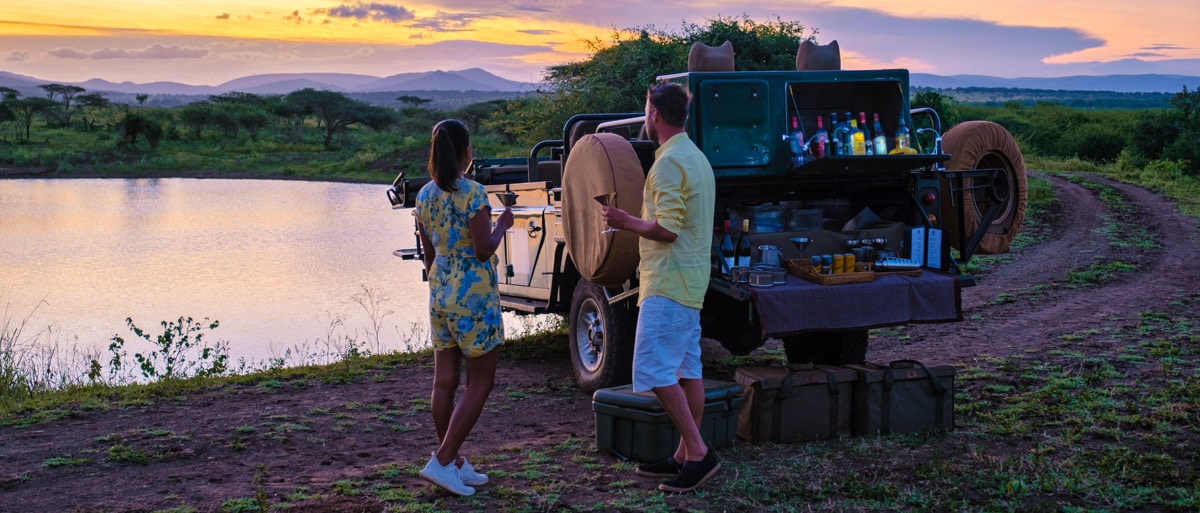
Here are some key points to consider when planning your next safari trip:
1. Use a Safari Trip Expert
We cannot stress enough that by investing in an experienced planner, your safari trip will be exponentially better. A Travel Designer will understand your journey from their own firsthand experiences and is also familiar with logistical requirements, such as which countries require visas and how best to travel from A to B to X, Y and Z. Though some documents and inoculations may be required to organize yourself, a Travel Designer is able to guide you to the correct organization or specialist without your needing to research yourself. It’s as simple as booking an appointment or completing a form, but without advice and guidance, this can be overwhelming or overlooked.
With your desires, budget and needs clarified, a Travel Designer is then able to craft an itinerary to your precise specifications. With many partners but no affiliations, we have unlimited resources, able to suggest and reserve the best lodges and camps to suit your safari trip without being inhibited by a select portfolio. This allows for endless possibilities and tailors your journey to your requirements and not a handful of properties to which we are committed.
2. Be Honest
Honesty, they say, is always the best policy, and this is also true when discussing your safari trip. Being completely transparent with your Travel Designer from the outset allows them to create a clear and defined picture of you and your wishes. You may not know where you would like to go, but it can invariably be assumed that you have some notion of what you would like your safari trip to incorporate.
Honesty can come in many forms; you may not be as fit as you care to admit, you might not be all that fussed with Africa’s ‘Big Five’, favoring rarer, more exotic species, your culinary preferences may seem embarrassingly over-fussy. Whatever the facts, convey them clearly and honestly to your Travel Designer to enhance every dimension of your safari trip.
Affordability can be awkward to negotiate. Assess your budget and express it. We want to provide the best luxury possible, but we also appreciate that it simply may be out of reach for some. By having a figure in mind before contacting your Travel Designer, you can remove any anxiety around your finances.
Lastly, take into account the standard of accommodation you wish to visit. In some areas, such as when gorilla trekking in Uganda, there is a significant disparity between high-end lodges and functional and comfortable yet distinctly rustic camps. Though these simple dwellings may not match a vision of a luxury safari, they are perfectly adequate and serve the greater purpose of fulfilling the safari trip of a lifetime. If you are willing to forego the decadence of a luxury lodge to attain your goal, let your Travel Designer know. Likewise, if only luxury will do, express this wish and your Travel Designer will arrange accommodation accordingly.
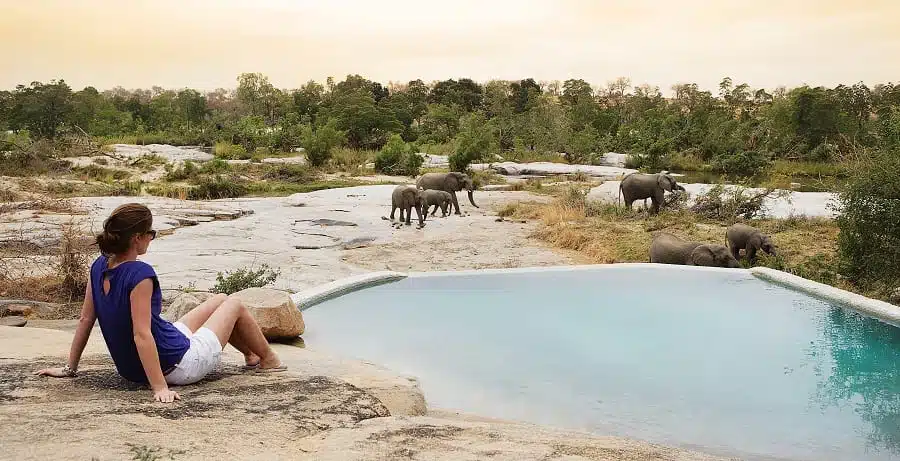
3. Dare to Dream
This is your safari trip, and may come from a lifetime of dreaming of Africa. There is no harm in dreaming big or asking the impossible, or what you might consider to be ridiculously extravagant. It offers a clearer picture of your wishes and, even when not entirely possible, can often be reinterpreted into an achievable semblance of your dreams.
Some things may be impossible to accomplish, often due to safety or conservation – say, running barefoot with the Great Migration – but this can be reinvented in several ways; a Serengeti walking safari or horseback riding with the herds. It might not be your absolute dream incarnate, but many solutions can offer a glimmer of even the wildest dream.
No dream is too big or too small. Sharing your absolute fantasies with your Travel Designer will almost always result in a reflective solution rather than a flat ‘no’.
As American poet Carl Sandburg once said: “Nothing happens unless first we dream.” Sharing your wishes, no matter how excessive they may at first seem, paints a clear picture of the safari trip you envision, and this will prevent Sandburg’s ‘nothing happening’.
4. Share the Superfluous
There is no limit to the quantity of information you can provide, and no right or wrong to it. Perhaps you are a yoga enthusiast and feel as though you’ll need to take your own mat and practice in your room each morning. Yoga and safari trips may seem a little incongruous, but several camps and lodges not only have purpose-built yoga shalas, but may even have a resident yoga teacher.
Motorbike enthusiast? Perhaps a quadbike safari will quell your enthusiasm. Passionate chef? Foodie experiences can be found far and wide, even in the most remote bush settings.
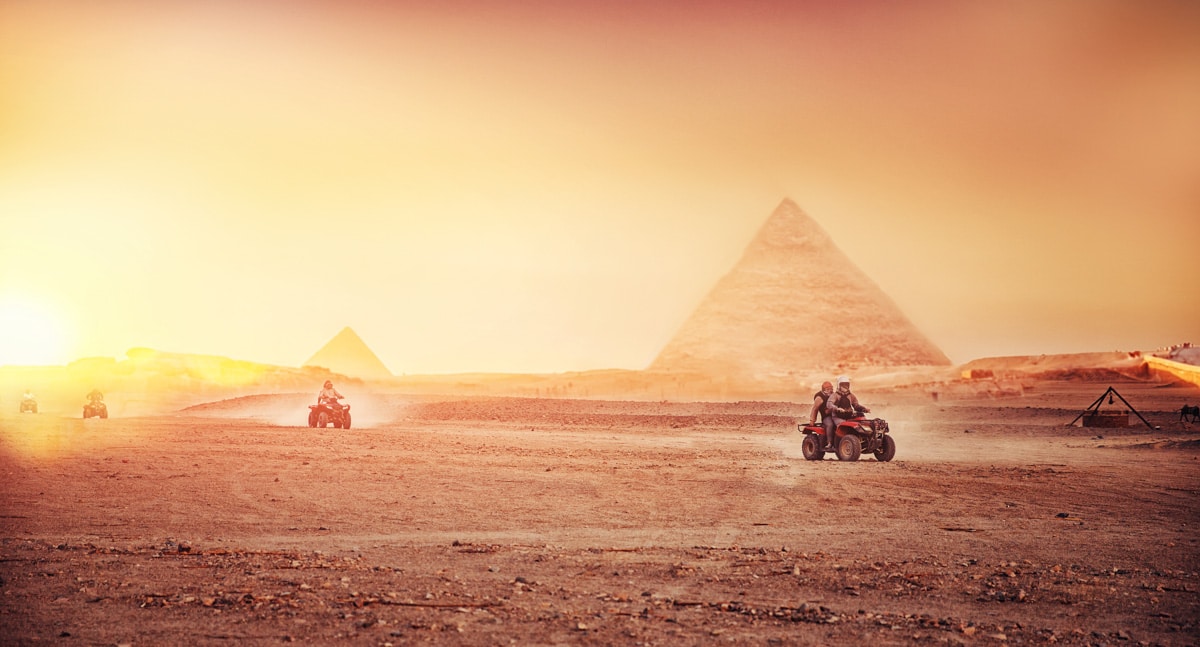
Birthdays, anniversaries, even commemorating a lost loved one – these are personal moments that, in our daily lives, we may acknowledge, but place on hold when considering a safari trip. These times are precious, and to recognize them in foreign settings can make them infinitely more special and memorable.
Whether it is a penchant for soft cheeses or a mind’s eye image of Africa that you have carried for years, share it with your Travel Designer and, just like your dreams, they can find a way to manifest it.
5. Plan Your Safari Trip in Advance
We always like to reassure our clients that you can leave the planning to us, and for the most part this is true. But taking aspects of the planning into your own hands will help to ensure the success of your safari trip.
Tentatively packing four weeks prior to departure will highlight anything you may have forgotten or need to purchase. If you are planning a walking safari trip, buying footwear early gives you the chance to break your new shoes in. Some vaccinations may require several boosters or a course of medication across several weeks, so advanced planning will allow you the time to fulfil the script.
Planning early will also illuminate any questions you may have, giving you plenty of time to address these with your Travel Designer.
Documentation is also a consideration when planning a safari trip. New passports can take up to two months to be processed, with many countries requiring at least six months’ validity. Noting your passport’s expiration date well in advance will give you plenty of lead time to complete the process. On the subject of documentation, it is also strongly advised to make copies. Well before your departure, you can duplicate paperwork and save as a digital copy on your phone or cloud service to ensure that, even if the originals are lost, a backup will always be accessible.
If you purchase a new camera, do so well in advance, familiarizing yourself with settings, lenses and features. Refer to the user manual to explore the scope of possibilities of your new equipment and practice their application in a range of settings. This will help to ensure that you are comfortable with your camera and better able to capture every fleeting moment of your safari trip. It may also highlight the need for additional purchases, such as a longer lens, additional memory card or battery, or a convenient protective bag.
There is a wide range of apps available to assist you on your safari trip, from guides to ways to enhance your phone’s in-built camera. Downloading in advance allows you to explore their capabilities or seek advice on other apps that could be useful.
One, in particular, is Airalo. This handy app works with your phone’s eSim (check your phone’s specifications to see if it’s compatible) to give you worldwide cell coverage. Though the setup is a little convoluted, it is easy enough, and once connected will give you a pre-paid phone data plan account across over 200 countries. Simply allow the app access to your eSim and select the country you will be visiting. You can then purchase credit on arrival, and change countries as you progress on your safari trip.
6. Become Bilingual
English is widely spoken throughout the world and it is often possible to converse with locals and staff, but courtesy and respect are priceless commodities. Learning a handful of key phrases in the local dialects can help you make friends, gain preferential treatment and better rates and glean appreciation from residents, even when they are fluent in English. Your language skills don’t need to be comprehensive and even a simple ‘hello’ and ‘goodbye’ will suffice, but expanding to ‘how are you’, ‘please’ and ‘thank you’ will curry favor with locals.
Even better is to arrive with a couple of phrases memorized, but then ask those you meet to teach you more of their language. The interactions that this can provide are charming, if not completely unforgettable. Such courtesy can open up a new world of experiences for you, from being shown sites that only locals are aware of to being invited to dinner at a traditional village.
7. Arm Yourself with Details
From banking details to passport numbers, itineraries to contacts, there is a library of useful information available or necessary to keep safe.
Again, the cloud is a readily available tool to store important data and access across devices at any time, but WiFi signals can be fickle in some destinations. Most phones will have a way of protecting personal data for greater security, such as the ability to password-lock Apple’s Notes app.
The peace of mind is increased when knowing that any important information you may require is safely stored somewhere, should original documents be lost.
Though not such vital information, the details of every day of your safari trip can also be documented. With such a stunning array of experiences happening every day, some may be forgotten. Creating a journal of each day will keep your memories fresh for years to come.
This can also come in handy when reflecting on the hundreds of photos you will doubtlessly take. An image of a lion speaks for itself, but if you snap more obscure animals, you can remind yourself with a note of their species. There may be individuals you meet along the way whose names and contact information you’d like to retain, so a quick photo and note of their details will help you remember and stay in touch. Your guide is likely to share a plethora of facts and information with you while on your safari trip, so noting or even recording your conversations will ensure that nothing is forgotten.
8. It’s Good to Talk
Conversing with your Travel Designer has already been highlighted, but sharing thoughts with your travel companions can bring so much more to a safari trip.
Explore destinations and properties online together, discuss what each participant would like to accomplish on their safari trip and ensure that everyone is informed of vital information and its whereabouts.
Though some of these early discussions will help if an emergency situation arises, they will also help you to craft an itinerary to suit everyone and build excitement for your upcoming adventure. You may learn more about your destinations and adjust your itinerary accordingly, but it will also begin your safari trip early, the growing anticipation increasing the sense of adventure and enthusiasm to diminish the ache of waiting for your safari trip to finally start.
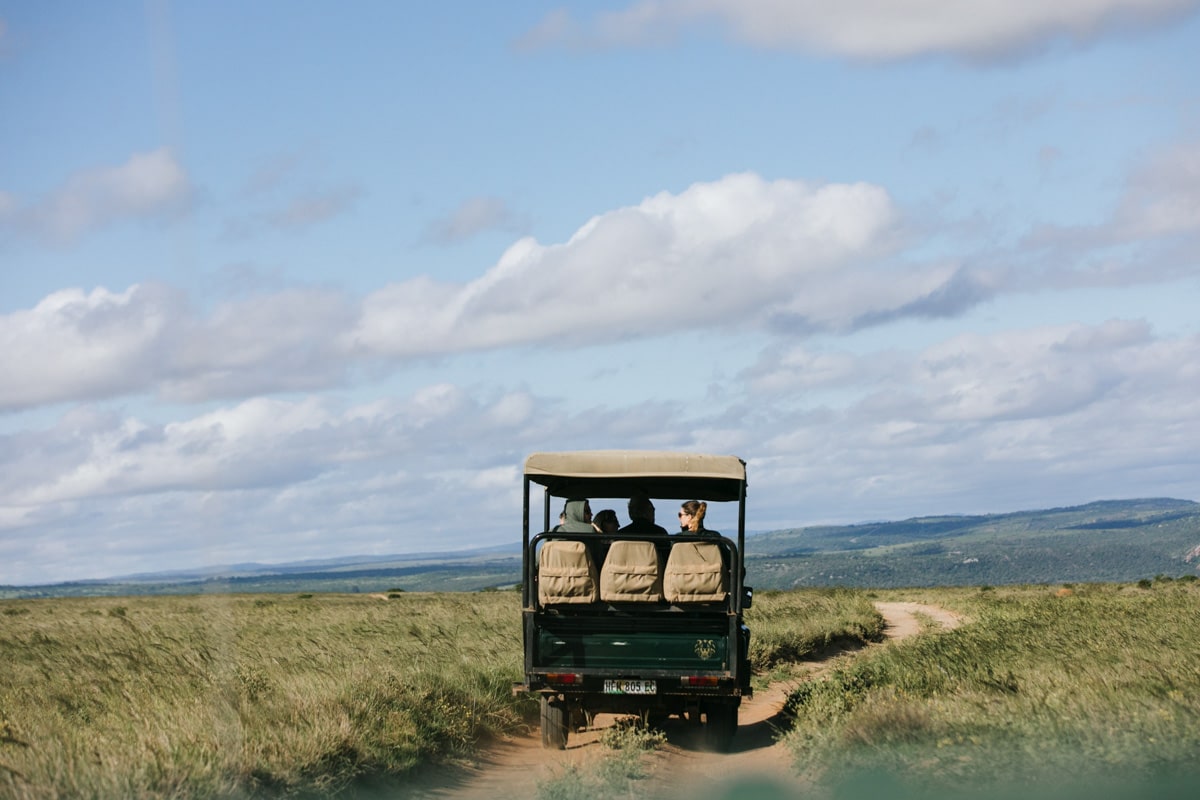
Planning a safari trip can be an impressive undertaking. With a vast array of considerations to be taken into account, it is easy to become overwhelmed. By implementing a Travel Designer to assist you in the fine details and planning ahead to ensure everything is accounted for, it will be infinitely easier to let go, relax and immerse yourself completely in the magical experience of your safari trip. And by honestly exploring your options, desires and dreams with your Travel Designer, they can craft an itinerary impeccably tailored just for you.
Header Image: ©Six Senses Zil Pasyon

